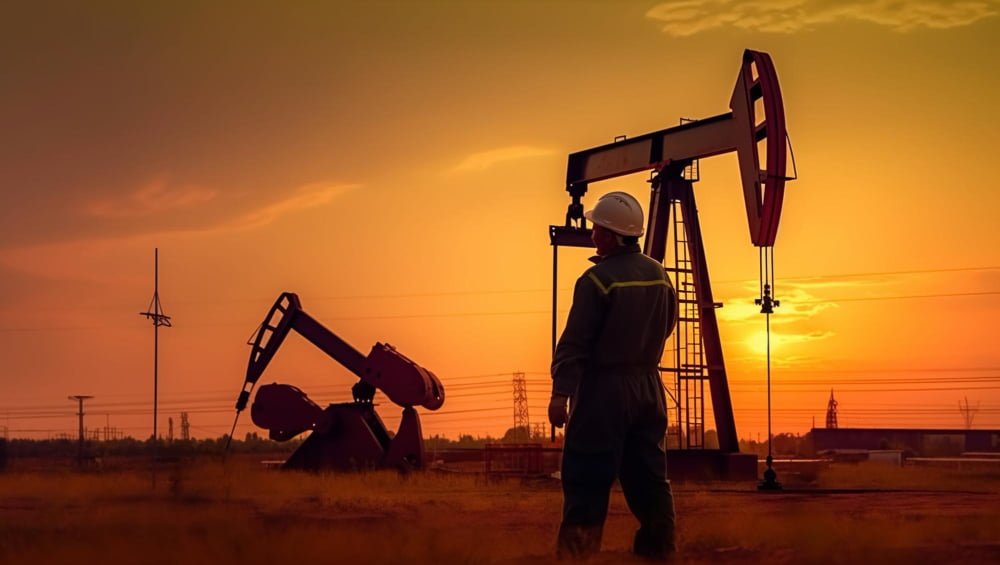Introduction:
Beyond its role as an energy source, oil has significantly influenced global geopolitics, shaping alliances, conflicts, and economic power structures. This blog post delves into the intricate relationship between oil and geopolitics, exploring the historical context, the impact on international relations, and the challenges and opportunities presented by the pursuit of this coveted resource.
I. The Petro-State Phenomenon:
Oil and National Wealth:
- Resource Curse: Nations blessed with abundant oil reserves often face the paradox of the “resource curse.” While oil wealth can stimulate economic growth, mismanagement, corruption, and over-dependence on oil revenues can lead to economic instability and social inequality.
- OPEC and Global Influence: The formation of the Organization of the Petroleum Exporting Countries (OPEC) marked a significant shift in global power dynamics. OPEC member nations leverage their oil resources to assert influence on the international stage, often using oil as a geopolitical tool.
II. Oil and Conflict:
Strategic Resources and Tensions:
- Oil as a Driver of Conflict: Throughout history, control over oil resources has been a driver of geopolitical tensions and conflicts. Competing interests, territorial disputes, and the desire to secure access to oil have fueled regional and global confrontations.
- Oil-Dependent Economies and Stability: Nations heavily dependent on oil exports face vulnerabilities, as fluctuations in oil prices can impact economic stability. The potential for economic crises can contribute to internal and regional conflicts.
III. Energy Security and Diversification:
Reducing Dependency:
- Energy Security Concerns: Reliance on oil from politically unstable regions raises concerns about energy security. Nations seek to diversify their energy sources to reduce dependency on a single, geopolitically sensitive resource.
- Investing in Renewable Alternatives: The pursuit of energy independence and environmental sustainability has led many nations to invest in renewable energy sources, reducing their reliance on oil and mitigating the geopolitical risks associated with fossil fuel dependency.
IV. Oil in the 21st Century:
New Players and Emerging Markets:
- Shift in Global Energy Demand: The rise of emerging economies, coupled with the growing demand for energy, has reshaped the geopolitical landscape. Nations like China and India are becoming key players, influencing global oil markets and geopolitical dynamics.
- Technology and Geopolitical Shifts: Technological advancements, such as hydraulic fracturing and horizontal drilling, have altered the geopolitical map by unlocking new oil reserves. The shift in oil production dynamics has geopolitical implications, challenging traditional power structures.
V. Climate Change and Geopolitical Challenges:
Environmental Imperatives:
- Paris Agreement and Global Cooperation: The global push towards mitigating climate change poses geopolitical challenges for oil-producing nations. The Paris Agreement and international efforts to reduce carbon emissions impact the economic and geopolitical strategies of oil-dependent states.
- Transitioning Economies: Oil-dependent economies face the challenge of transitioning to more sustainable models. Diversifying economies and embracing clean energy solutions are critical for navigating the geopolitical landscape in the context of climate change.
VI. The Role of Oil in International Relations:
Geopolitics of Oil Diplomacy:
- Oil Diplomacy and Alliances: Oil-rich nations often engage in strategic alliances and partnerships based on mutual economic interests. Oil diplomacy shapes international relations, influencing geopolitical strategies and diplomatic negotiations.
- Sanctions and Economic Warfare: The control over oil resources can be a tool for nations to exert influence or apply economic pressure. Sanctions on oil exports, for example, are geopolitical strategies employed to achieve political objectives.
Conclusion:
As we navigate the intricate intersections of oil and geopolitics, it becomes evident that the legacy of “black gold” extends far beyond energy markets. From shaping the fortunes of petro-states to influencing global conflicts and alliances, oil’s impact on geopolitics is profound. As the world grapples with the dual challenges of energy security and environmental sustainability, the geopolitical landscape is poised for further evolution. The chapters of oil’s influence are complex, and the unfolding narrative will continue to shape the geopolitical story of nations and the delicate balance of power in the 21st century.

